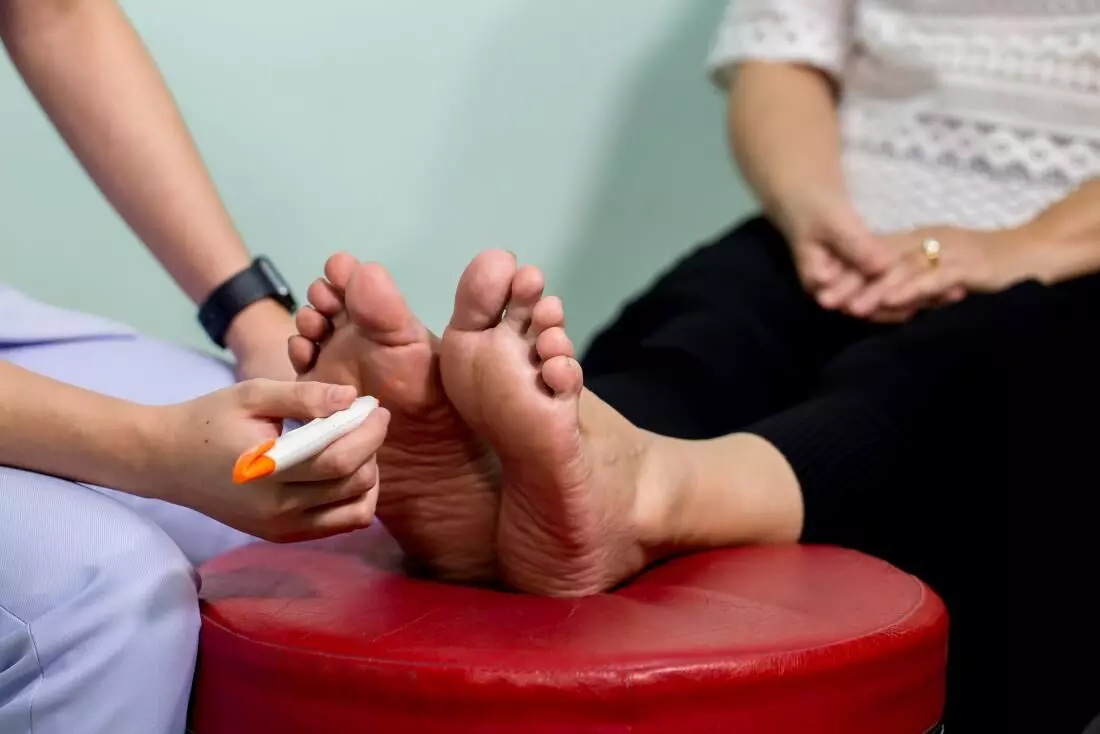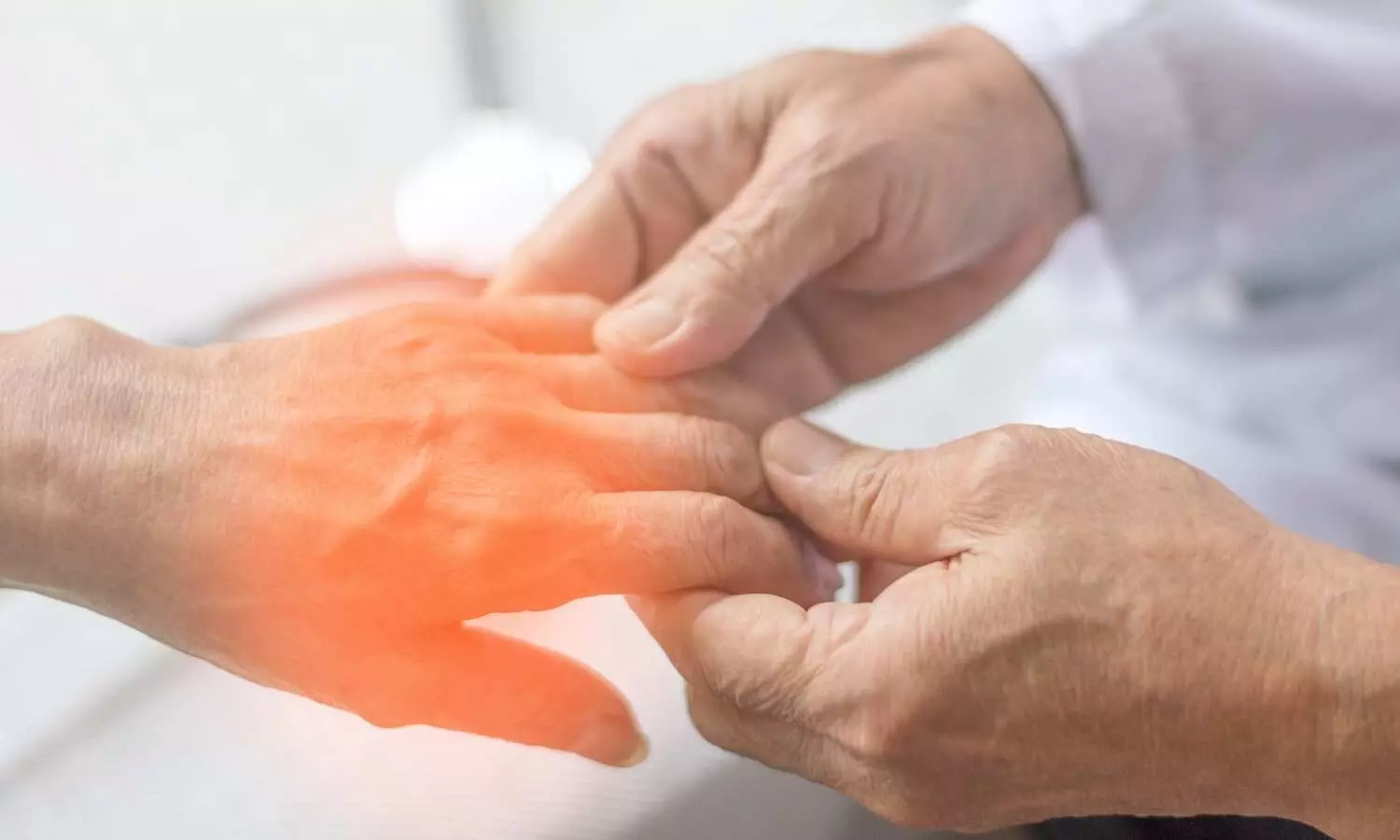- Home
- Medical news & Guidelines
- Anesthesiology
- Cardiology and CTVS
- Critical Care
- Dentistry
- Dermatology
- Diabetes and Endocrinology
- ENT
- Gastroenterology
- Medicine
- Nephrology
- Neurology
- Obstretics-Gynaecology
- Oncology
- Ophthalmology
- Orthopaedics
- Pediatrics-Neonatology
- Psychiatry
- Pulmonology
- Radiology
- Surgery
- Urology
- Laboratory Medicine
- Diet
- Nursing
- Paramedical
- Physiotherapy
- Health news
- Fact Check
- Bone Health Fact Check
- Brain Health Fact Check
- Cancer Related Fact Check
- Child Care Fact Check
- Dental and oral health fact check
- Diabetes and metabolic health fact check
- Diet and Nutrition Fact Check
- Eye and ENT Care Fact Check
- Fitness fact check
- Gut health fact check
- Heart health fact check
- Kidney health fact check
- Medical education fact check
- Men's health fact check
- Respiratory fact check
- Skin and hair care fact check
- Vaccine and Immunization fact check
- Women's health fact check
- AYUSH
- State News
- Andaman and Nicobar Islands
- Andhra Pradesh
- Arunachal Pradesh
- Assam
- Bihar
- Chandigarh
- Chattisgarh
- Dadra and Nagar Haveli
- Daman and Diu
- Delhi
- Goa
- Gujarat
- Haryana
- Himachal Pradesh
- Jammu & Kashmir
- Jharkhand
- Karnataka
- Kerala
- Ladakh
- Lakshadweep
- Madhya Pradesh
- Maharashtra
- Manipur
- Meghalaya
- Mizoram
- Nagaland
- Odisha
- Puducherry
- Punjab
- Rajasthan
- Sikkim
- Tamil Nadu
- Telangana
- Tripura
- Uttar Pradesh
- Uttrakhand
- West Bengal
- Medical Education
- Industry
Unlocking the Nexus: Vitamin D Deficiency and Nerve Health in Elderly Type 2 Diabetes Patients

In a groundbreaking investigation, researchers have delved into the profound interconnection between Vitamin D deficiency (VDD) and diabetic peripheral neuropathy (DPN) among elderly individuals grappling with type 2 diabetes mellitus (T2DM). This study, involving 257 elderly T2DM patients, presents compelling insights into the intricate relationship between Vitamin D levels and the development of peripheral nerve complications. It underscores the independent association between Vitamin D deficiency and an elevated risk of diabetic peripheral neuropathy in elderly individuals with type 2 diabetes mellitus.
The study results were published in the journal Diabetes Research and Clinical Practice.
The research meticulously employed propensity score matching to ensure a balanced representation across age, sex, and diabetes duration among the participants. Vitamin D deficiency, marked by serum 25-hydroxyvitamin D [25(OH)D] levels below 20 ng/ml, emerged as a focal point for scrutiny. Assessments included electromyogram evaluations for large nerve fiber lesions and skin conductance measurements for small nerve fiber lesions.
Findings:
- The outcomes painted a stark picture, revealing that individuals with diabetic peripheral neuropathy exhibited significantly lower serum 25(OH)D levels compared to their non-DPN counterparts (15.05 vs. 18.4 ng/ml, P = 0.018).
- What emerged as a critical revelation was the identification of Vitamin D deficiency as an independent risk factor for DPN, with a robust odds ratio of 2.488 (P = 0.008) discerned through multivariate logistic regression analysis.
- Spearman's correlation further unearthed intricate associations between serum 25(OH)D levels and specific nerve parameters.
- Negative correlations were noted with specific nerve latencies, while positive correlations manifested with specific nerve velocities and amplitudes.
- Distinct characteristics were observed within the Vitamin D deficient group, showcasing prolonged median sensory nerve latencies and motor evoked potential latencies in contrast to their vitamin D-sufficient counterparts.
- This group also exhibited a tangible association with the extension of median motor nerve latency (odds ratio = 1.362, P = 0.038).
These findings underscore the independent association between Vitamin D deficiency and an escalated risk of diabetic peripheral neuropathy in the elderly T2DM population. The study suggests that Vitamin D deficiency may play a pivotal role in fostering the development of diabetic peripheral neuropathy, particularly by influencing large nerve fibers. As researchers unravel the intricate dance between Vitamin D and nerve health, these findings hold promise for targeted interventions and further research. Understanding the significance of maintaining optimal Vitamin D levels may prove instrumental in the comprehensive care and management of diabetic complications, offering a ray of hope for improved health outcomes in the aging population grappling with type 2 diabetes mellitus.
Further reading: Vitamin D deficiency increases the risk of diabetic peripheral neuropathy in elderly type 2 diabetes mellitus patients by predominantly increasing large-fiber lesions. DOI: https://doi.org/10.1016/j.diabres.2024.111585
BDS, MDS
Dr.Niharika Harsha B (BDS,MDS) completed her BDS from Govt Dental College, Hyderabad and MDS from Dr.NTR University of health sciences(Now Kaloji Rao University). She has 4 years of private dental practice and worked for 2 years as Consultant Oral Radiologist at a Dental Imaging Centre in Hyderabad. She worked as Research Assistant and scientific writer in the development of Oral Anti cancer screening device with her seniors. She has a deep intriguing wish in writing highly engaging, captivating and informative medical content for a wider audience. She can be contacted at editorial@medicaldialogues.in.
Dr Kamal Kant Kohli-MBBS, DTCD- a chest specialist with more than 30 years of practice and a flair for writing clinical articles, Dr Kamal Kant Kohli joined Medical Dialogues as a Chief Editor of Medical News. Besides writing articles, as an editor, he proofreads and verifies all the medical content published on Medical Dialogues including those coming from journals, studies,medical conferences,guidelines etc. Email: drkohli@medicaldialogues.in. Contact no. 011-43720751




